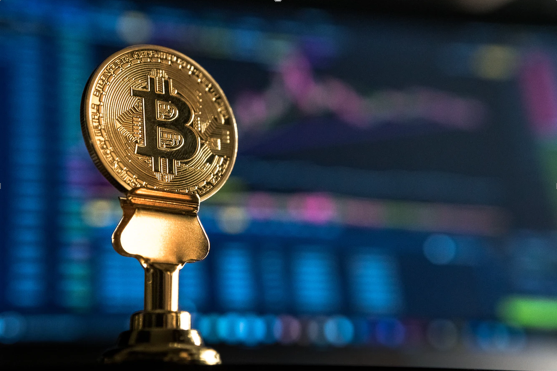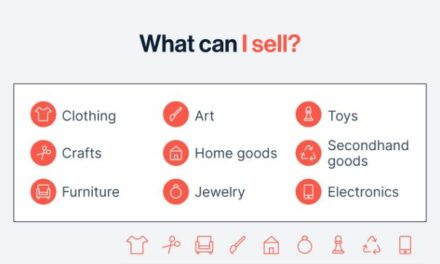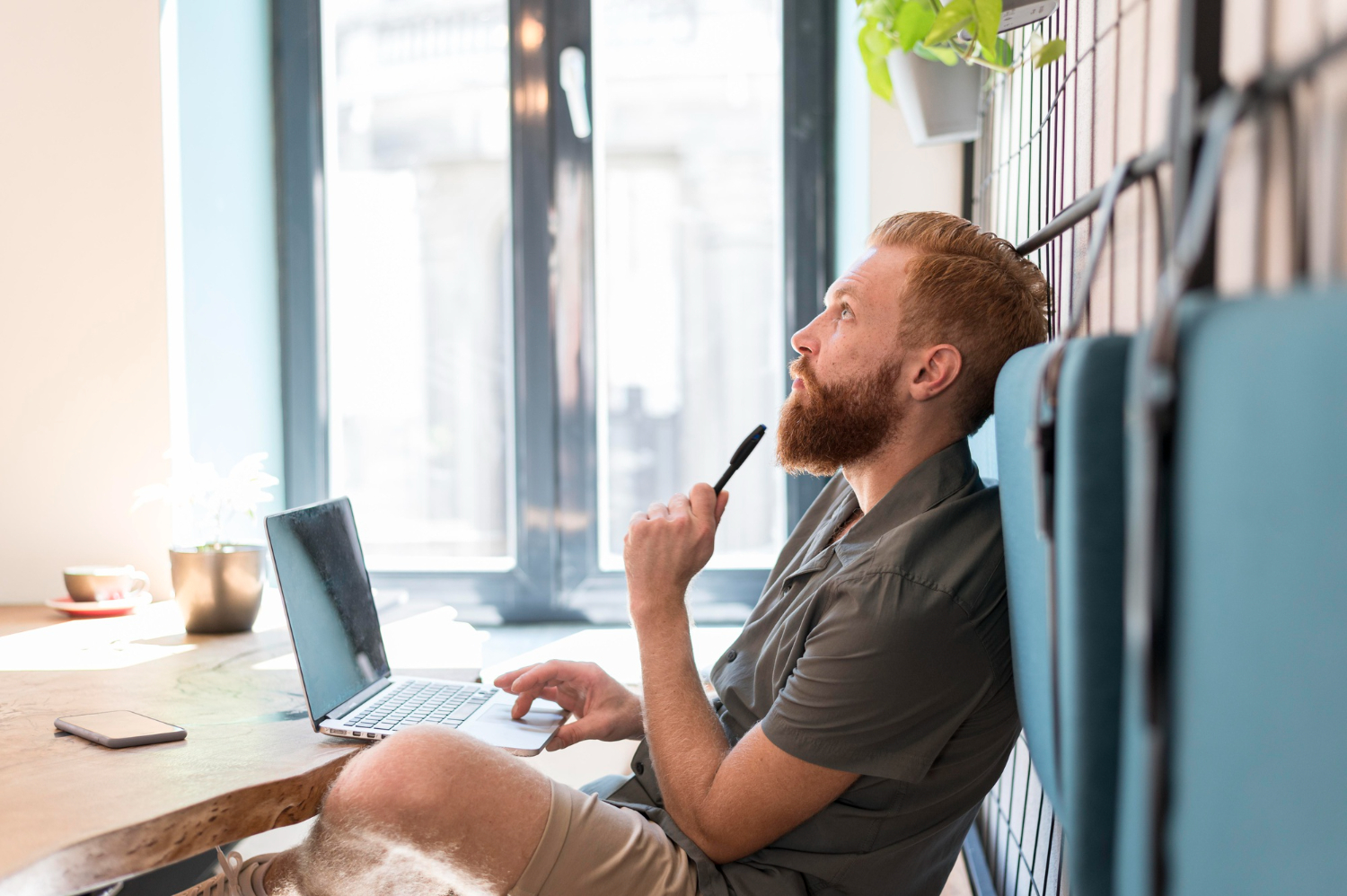Decentralized currency might have sounded like a lofty idea sometimes in the past, but not today. We are at the age where cryptocurrencies have matured into mass adoption – and that is only growing.
The fact that there is no single body regulating these currencies, though, makes it very important that we take care of our wallets and coins better.
Even for banks that have regulatory power over our money, a lot of scams are happening. If that tells us anything, it is that crypto holders should spare no efforts in securing their wallets.
Risks Associated with Cryptocurrency
In 2020, an entrepreneur lost all the coins that he had been saving for a long time towards purchasing a house. At the point of that loss, everything they had in their wallet totaled more than $100,000.
The coin was lost because this entrepreneur downloaded a crypto wallet extension that posed to be the real thing. The moment they provided their secure keys to this service, their holdings were wiped off and moved to another wallet. This is just one of the security issues associated with the cryptocurrency world.
A bigger problem is that even though this person can see where their coins went to, there is no way to know who is behind it. Thus, those coins are just about lost forever. Since there is no regulatory body too, there is no way to lodge a complaint and effect a reversal of this transfer of funds.
These are some of the things that make cryptocurrencies desirable to those that use them. In the same vein, though, they are also the same features that could mar the experience for those that are not taking as much precaution as they should.
Thus, everyone must learn how to secure their Bitcoins and other cryptocurrency accounts they might be holding.
Secure your Cryptocurrency Holdings
You do not need to seek out industry-level encryption before you can safely hold, trade, and store your crypto coins. Below, we highlight some easy-to-follow tips to beef up your security profile.
1 Consider Hardware Wallets
Users can opt to have either software wallets (hosted online) or hardware wallets (held offline). If you have a substantial value of cryptos on your hands, it is recommended that you dump the software model in favor of hardware tokens.
A big advantage of a hardware wallet is that you can rarely forget that you have a wallet. After all, it is something that you see all the time. Likewise, most hacks happen online, so you will be insulated against such hacks.
Finally, it allows you to be more anonymous while using this wallet. Since you do not have to link any online accounts with this wallet, you are at a lower risk of being deanonymized on the decentralized network.
2 Secure your Private Keys
Whether you use a hardware or software wallet, every account will have a set of private keys associated with it.
These keys are a string of characters that you can use to retrieve your account should you ever forget the wallet ID and password. In other words, anyone who has your private keys do not need your username, wallet ID, other unique identifiers, or even password to get into your account.
This should tell you how important they are.
As a rule of thumb, we don’t recommend storing your private keys anywhere online. It is convenient to store things in your Drive folder, a Dropbox, or in your email. However, a hack to those accounts will reveal your private key to hackers and they get to access all of your coins.
Instead, write the private keys down somewhere offline and make sure it is kept out of reach.
That way, you can always gain access to your account anywhere – and not have to worry about anyone else having the same access.
3 Choose Secure Passwords
When storing cryptocurrencies, you should look beyond the usual 8-character password. If not for anything else, consider the fact that it has become easier to hack such passwords today. Likewise, your password should not be something that can be easily guessed.
To do that means not using any personally identifying information in your password , such as username, email address, date of birth, name, etc.. The password should also have sufficient length to make it almost impossible to crack.
For the best effect, we recommend using an online password generator. You will receive a randomly generated password that is complex and secure.
4 Secure your Network
Securing your network is another important step to securing your coins.
Never connect to free or public Wi-Fi networks whenever you want to complete any crypto-related tasks. If you must do so, layer your connection over a VPN. That encrypts your internet traffic and keeps you secure on the network.
Likewise, secure your home network and personal network too.
5 Set up 2FA
Fortunately, most (if not all) major wallets and cryptocurrency exchange platforms offer two-factor authentication support. Even if, by chance, a hacker gets access to your password, they should not be able to get into your account. As long as they don’t have access to your 2FA enabling device, that is.
This protocol deploys an extra layer of security on your account besides the conventional modes of login. The best thing about 2FA is that you get notified when anyone is trying to login to your account. That is all the prompt you need to act fast before they try to breach your account in another way.
Final Words
There are many reasons why you might need to use cryptocurrencies. Sometimes, it is the best way to stash some money away for the future. Some users trade their coins actively for a profit. In the wake of this pandemic, more people are flocking to cryptocurrencies as safe havens too.
No matter why you hold some, though, you should not be scammed of your coins. Following the tips above, you prevent yourself from being a victim of a crypto crime.










